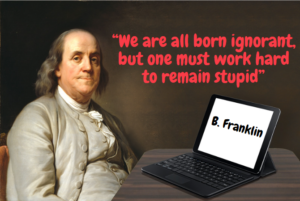Cecilia Vega is an American 60 Minutes correspondent and former member of the White House press corps.
Vega was interviewed by Stephen Colbert yesterday and they discussed the time she was told by former President Donald Trump that she never thinks. You can see the hostile exchange in the video.
Reflecting on the exchange, Vega said she remembered everything happening in slow motion and that her brain compartmentalised to deal with it. She told herself not to cede turf to him.
I love this example of how to manage emotions in the face of a verbal attack.
Compartmentalisation is a psychological defence mechanism – it means mentally separating conflicting thoughts and emotions to avoid discomfort.
When we are experiencing conflict, it is helpful to find ways to keep the focus on the problem, rather than your response to the problem. Compartmentalising is one way to do this.
This isn’t about suppressing the emotions and never dealing with them – I’m sure Vega revisited her Trump encounter afterwards; it just means that you are putting the emotions aside to deal with later so that you can focus on the issues at hand and deal with them rationally.
@colbertlateshow What’s the secret to facing off against the former president according to Cecilia Vega? Don’t get down in the mud with him. #Colbert #CeciliaVega #journalism #60minutes

